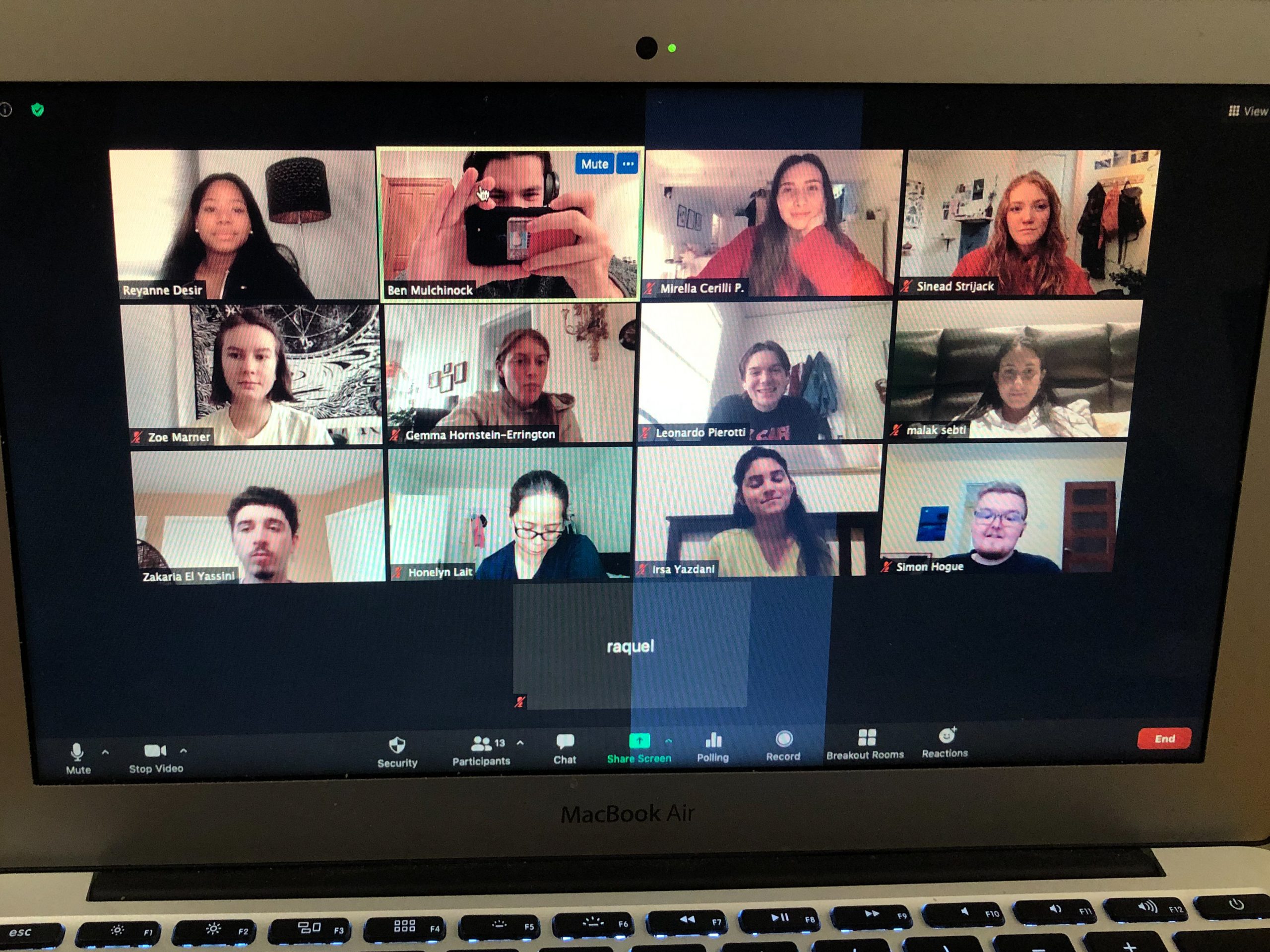Hello Editor, I am submitting this as an Opinion piece on the Federal Budget and Post-Secondary Education. It is based on the Canadian Federation of Student’s Membership advisory, and I am the chairperson of the Quebec component of the CFS. If you have any questions please call 931-2377, and if you could email back to confirm you got it that would be great
thanks!
(approx 237 wrds)
Opinion
The recent 2003-2004 Federal Budget announcement may leave students wondering how our post-secondary education system factored into the mix this year. The following is modified from the Canadian Federation of Students’ (CFS) 2003-2004 Federal Budget Membership Advisory to help display the Federal government’s appraisal of our post-secondary education system this year.
Financial barriers in the form of tuition fees remain the single-most important obstacle to achieving equality of access to post-secondary education (PSE). Today, higher education is less affordable than any time since World War II, and 70% of the barriers inhibiting highschool students from achieving higher education are financial ones.
Changes have been made to the Canadian Health and Social Transfer payments (CHST)
(the lump sum of money given to the provinces for healthcare, education, and other social programs). Now, by April 1 2004, the CHST will be divided into a Canada Health Transfer, and a Canada Social Transfer. Education will fall within the CST, which will receive 38% of the total transfer amount, yet has received no new funding in this year’s budget. This change is a positive step towards separate funding for all social programs, but education must continue to compete for much needed dollars.
Research funding has been increased, but health, engineering, and natural sciences have received much more money than what it being offered to the social sciences and humanities. The Federal government has made university presidents promise to triple the commercialization of research, and the former categories are more lucrative. We feel this move will lead to the prioritization of private-public partnerships, and the compromising of publicly funded research.
The new Canadian Graduate Scholarships program will spend $105 million annually to support 2,000 master’s and 2,000 doctoral students each year. However, it will not be fully implemented until 2007-2008, leaving current graduate students with limited benefits. Also, as graduate student enrolment continues to rise (an estimated 20-30% by 2011), these figures will be less impressive by the time they are implemented.
$12 million has been endowed to establish post-secondary education scholarships for Aboriginal people, to be administered by the National Aboriginal Achievement Foundation. Regrettably, annual funding for Aboriginal post-secondary education has declined by almost $14 million from 1998-2002, and this endowment is not the type of serious long-term investment greatly needed to ensure free and accessible education for all Aboriginal people.
The Debt Reduction in Repayment (DRR) program, which has only helped approximately 600 students since 1998 (even though we were assured it would help 12, 000 students per year) will have its eligibility requirements relaxed to aid in loan repayment. Also, the Interest Relief Program will allow eligible borrowers (based on their net income) to have their loan interest paid for them for 30 months with the possibility of an additional 24 months. Now, “defaulters” and those who have claimed bankruptcy may apply for Interest Relief, which they were banned from doing before.
There is a relatively high usage of back-door aid programs such as these, and they are costly to the government. We feel that if the government were instead to make pro-active changes to the system, such as a progressive decrease in tuition fees and implementation of needs-based grants, the benefits would outweigh the costs and studying would become more accessible.
We find that many negative policy changes remain with this Budget announcement. In-debt students are still treated like fraud artists, subjected to credit checks, and harassed by private collection agencies just for doing what it takes to get crucial “educations”. This at a time when billions of dollars of Industry Canada corporate loans continue to go unpaid, and when this year’s budget gave more than $2 billion to the military and more corporate tax cuts, but not a penny for core funding to universities and colleges! University rectors and principals argue that tuition must be increased for the benefit of our institutions and quality educations, but we argue that this will in fact create a further barrier to our rights for accessible education. It is time that post-secondary education is valued, prioritized, and funded adequately. Student associations such as the CFS-Q, and ASS




Comments are closed.